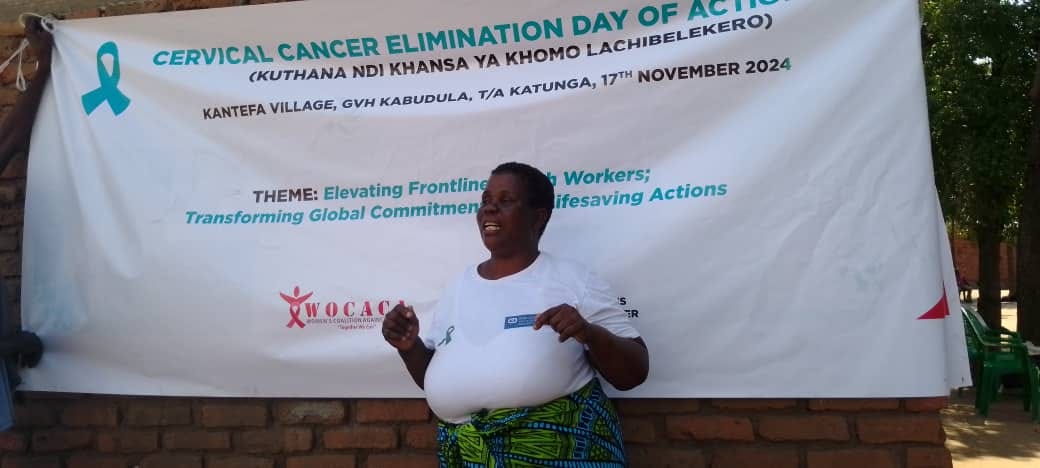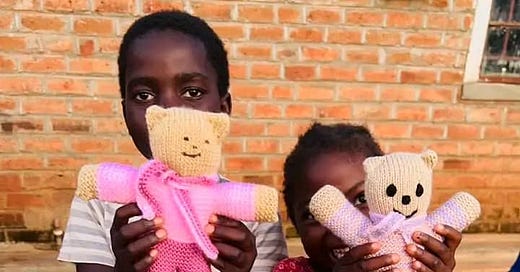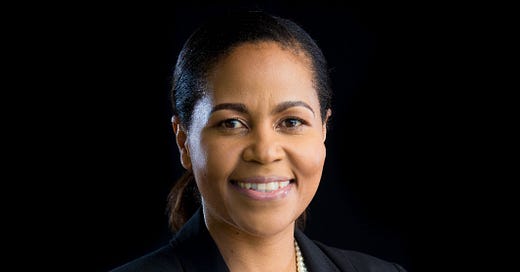
Malawi Cancer Survivors Rally Support for Early Screening in Rural District
The support group operates in Traditional Authority Katunga's area, working to bridge the gap between rural communities and healthcare services through education and referrals for screening.
CHIKWAWA, Malawi— Cancer survivors gathered Sunday in Malawi's Chikwawa district to commemorate the Global Cervical Cancer Elimination Day of Action, using personal testimonies to encourage early screening in rural communities, writes Noel Chimwala.
The event, organised by the Tikondane Women Support Group Cancer at Kantefa Village, highlighted success stories of early detection while addressing challenges in accessing treatment in remote areas.
"In the year 2013, I noticed abnormal vaginal bleeding and discharges," said Phalesi Wajomba, 46, who founded the support group.
"After being diagnosed with cervical cancer, my husband accepted the situation and allowed me to go for surgical treatment, which I survived."
The group's advocacy has shown a measurable impact, according to Loveness Santu, Chikwawa District Hospital's cervical cancer nursing officer.
"For the last quarter, July to September 2024, the district hospital has managed to screen about 300 women, of which some were referrals from this group," Santu said.
However, the organisation faces significant hurdles in reaching women in distant areas.
Wajomba called on the government and charity organisations to help address transportation, food, and financial challenges that limit their outreach efforts.
Maud Mwakasungula, executive director of the Women Coalition Against Cancer (WOCACA), emphasised the event's importance as a call to action for stakeholders to strengthen cancer prevention efforts.
The commemoration, themed "Elevating Frontline Health Workers: Transforming Global Commitment into Saving Life Action," underscored the critical role of community health workers and survivor groups in advancing cervical cancer prevention in rural Malawi.
The support group operates in Traditional Authority Katunga's area, working to bridge the gap between rural communities and healthcare services through education and referrals for screening.










